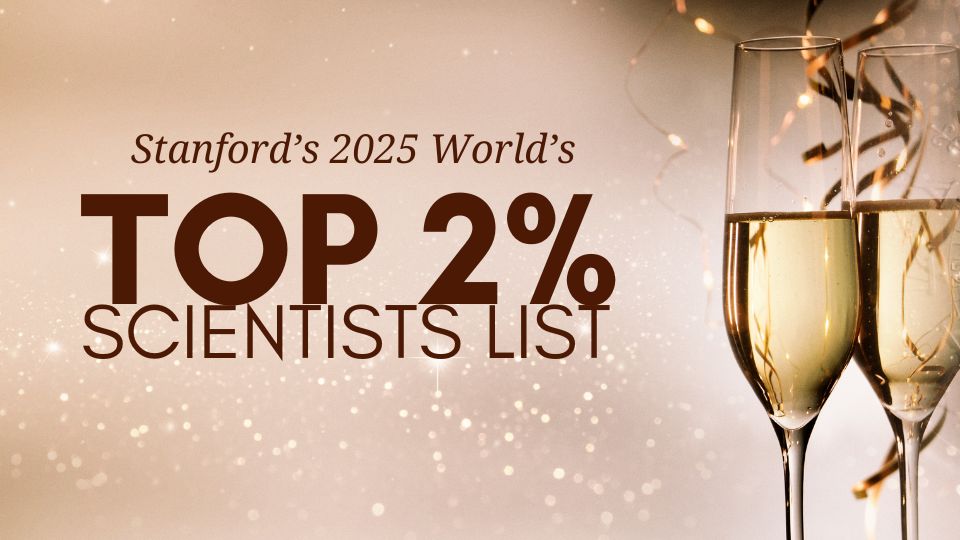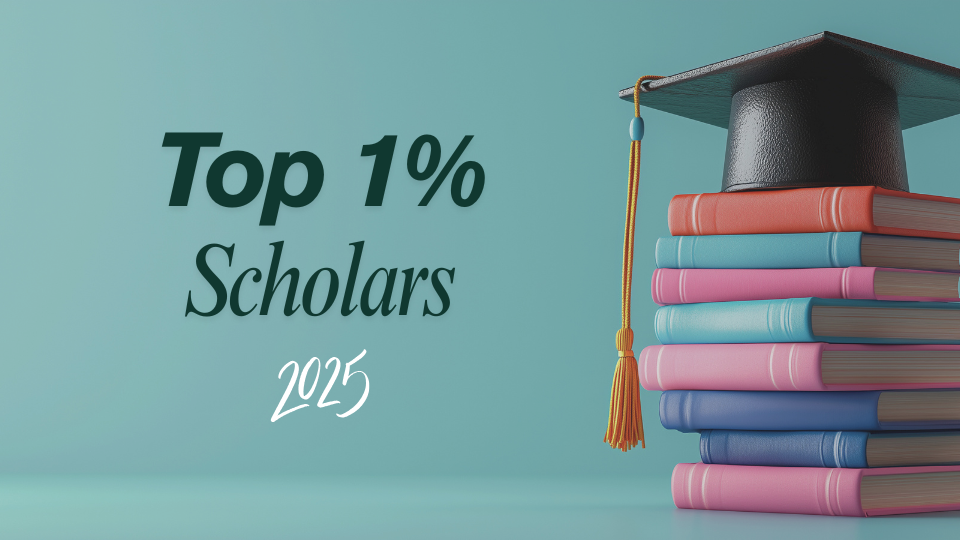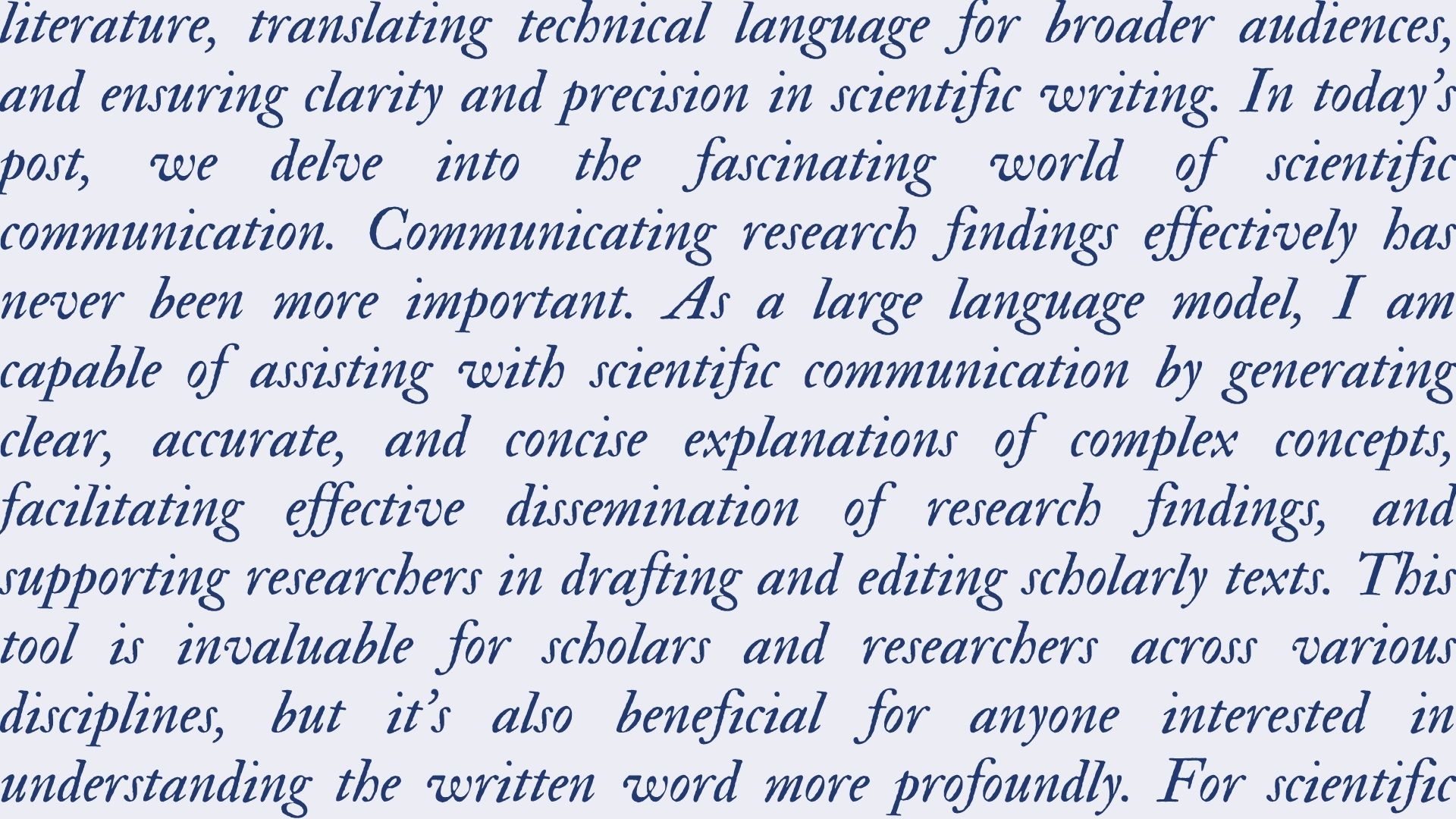Category: Scholarly Communication Services

Data Discovery: Where to Find the Right Datasets
— by Chloe Ng Every day, vast amounts of data are collected or generated by scholars, governments, NGOs, businesses, and other organizations. By discovering existing datasets, researchers can reuse data to save time and costs in data collection, conduct replication studies, compare findings, or incorporate validated components of research design (CESSDA, 2022). This post provides…
Read More
Capturing Impacts of Non-Traditional Research Outputs (NTROs)
— by Fanny Liu Introduction to NTROs Non-Traditional Research Outputs (NTROs) are research outputs beyond the traditional research outputs (academic journal articles, conference papers, academic books, and book chapters). They represent a diverse spectrum of creative and practice-based works, reflecting the innovative nature of research, particularly within the humanities and social sciences. For example, in…
Read More
Where Research Is Heading: Identifying Emerging Topics
— by Chloe Ng Identifying emerging research topics helps researchers track areas gaining momentum in their fields. With the growing volume of publications, bibliometric tools help to detect these trends. This blog post outlines what defines an emerging topic, why topic growth matters, and how tools like InCites and SciVal can support this process. What…
Read More
How HKU Medical Research Travelled the World: Attention, Policy Uptake, and Clinical Practice
— by Fanny Liu What happens to research after it’s published? At University of Hong Kong (HKU), medical outputs from 2020–2024 didn’t just circulate in journals—they reached global newsrooms, informed policies, and shaped clinical guidance. Using Altmetric Explorer, we looked at 10,508 HKU-affiliated medical research outputs to understand their online attention and broader influence. Note:…
Read More
Charting Impact: HKU’s 2025 Performance in Essential Science Indicators (ESI)
— by Juliana Lau Following our analyses of the University of Hong Kong’s (HKU) research performance using Essential Science Indicators (ESI) published in 2024, this year’s review consolidates the latest trends using ESI’s rolling 10‑year window and bi‑monthly updates. We focus on HKU ranking in ESI, citation standing within fields, and growth in Highly Cited…
Read More
Discovery Awaits: Finding Open Access Research Articles
— by Fanny Liu Previously, we have covered the open access movement for several times, focusing on publishing research in open access, for example: Apart from publishing, researchers and the public can enjoy the benefits brought by open access – as readers. In this post, a few useful tools to discover open access articles will…
Read More
Selecting a Repository for Data Sharing
— by Christina Wong For ensuring transparency and reproducibility of research, preserving data, increasing research visibility, and meeting the requirements of publishers and funders, sharing research data has been an increasing trend in academia. On top of managing research data with a Data Management Plan, the next question has come to your attention: in which…
Read More
HKU Shines in Stanford’s 2025 World’s Top 2% Scientists List
— by Yining Huang, Ollie Zhang, Stella Chow Stanford University released the latest World’s Top 2% Scientists list in mid‑September 2025, recognizing leading researchers worldwide. The ranking is presented in two complementary views: a career‑long assessment that captures cumulative influence from 1960–2024 and a single recent year view that measures research influence during 2024. Together,…
Read More
Top 1% Scholars by Essential Science Indicators at the University of Hong Kong 2025
— by Chloe Ng Each year since 2009, the Libraries has published a list of the top 1% researchers worldwide by citations in at least one of the 22 research fields at the University of Hong Kong (HKU), based on Essential Science Indicators (ESI) data released by Clarivate. In 2025, the University counted a record-high…
Read More
GPT (Ghost-Penman-Typist): Has Generative Artificial Intelligence (GenAI) Paved Its Way into Scholarly Writing?
— by Fanny Liu Introduction Researchers have been using Generative Artificial Intelligence (GenAI) for research, such as writing codes, brainstorming research ideas, drafting research manuscripts, and more (Van Noorden & Perkel, 2023). While recognising the negative impacts, including proliferation of misinformation, making plagiarism easier and harder to detect, and bringing inaccuracies into research texts, researchers…
Read More